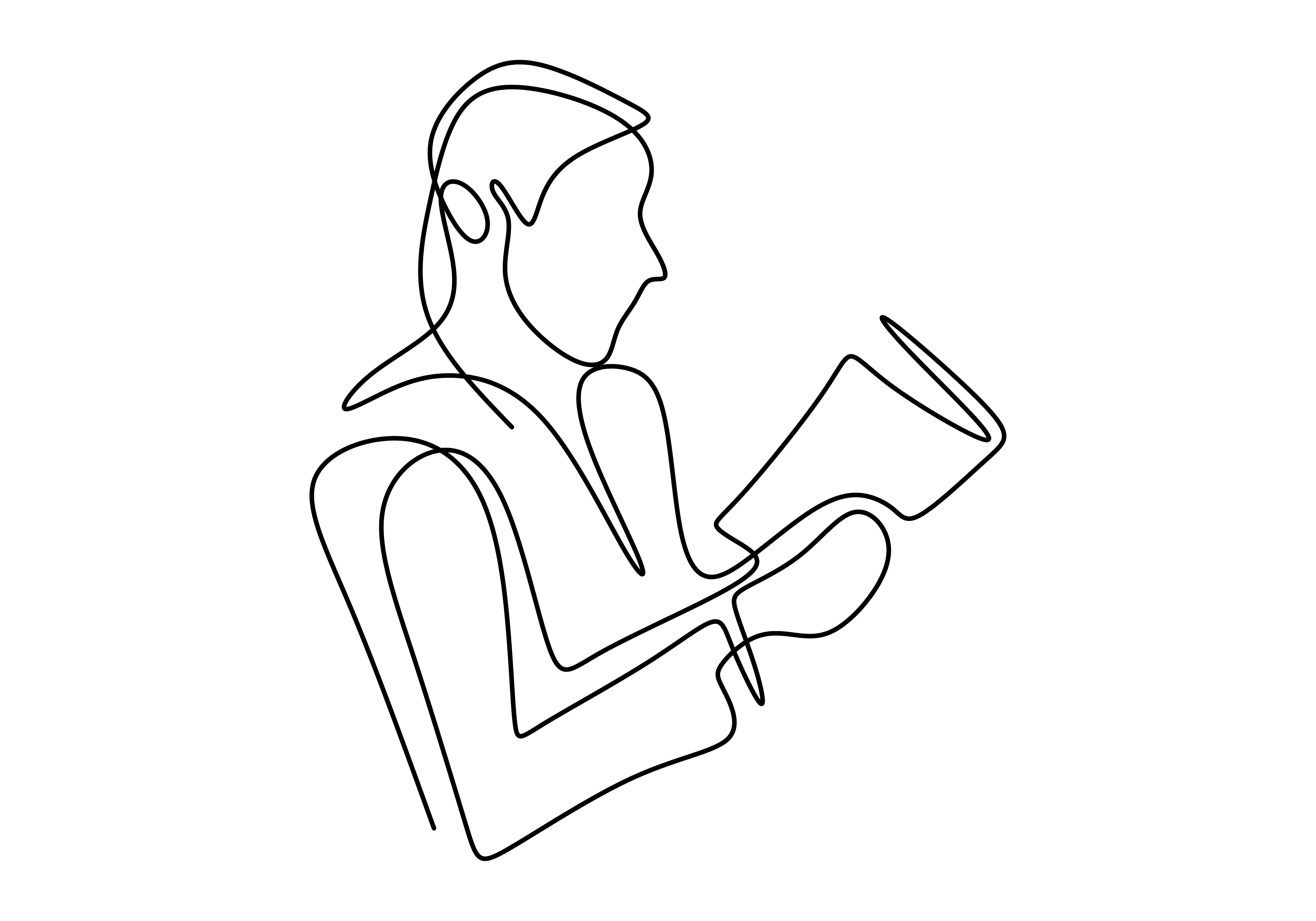(…) My plea to policymakers is simple: employ the same evidence-based science you use for health issues towards drugs and problem drug use.
Science and research can help in many ways, if given the chance. Some of it might seem radical, like providing safe drug consumption spaces. Some of it is more mundane, but vital – like tackling inequality, a clear driver of problem drug use across the world.
But while we often look to politicians to take the lead on change, it is people – us – that really hold the solution. By far the greatest threat to people and society from drugs is ignorance and bigotry. So many lives have been lost to drugs because of shame, either as a driver of drug use or a barrier to seeking help.
Beliefs are notoriously difficult to shift. As with climate change, the most powerful driver of change is personal experience. We know that when a family or community is affected by a drug overdose, their beliefs and perceptions change. But this is not the way any of us should want to see change happen.



The world also has a massive licit drug problem.
People with chronic conditions need lifestyle and diet interventions, they should not be seen as forever customers of the pharmacology companies. That is a perverse incentive to make doctors treat symptoms and not cure patients. A cured patient doesn’t have recurring revenue
That’s not true for every chronic condition though. Lifestyle and diet can only do so much when your body just isn’t doing what it’s supposed to.
I’m not trying to defend pharma companies, but it’s the state of science today that some things can only be treated and handled with ongoing medication